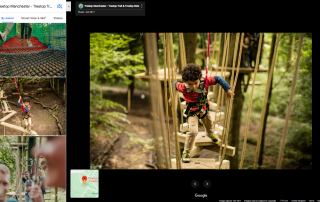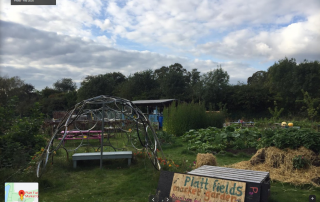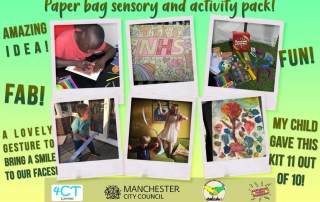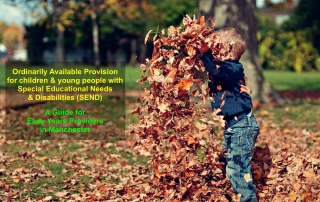Contact, the charity for families with disabled children, defines co-production as “about developing equal partnerships between the people who use services and their carers, and those who run them. It’s a subtle but effective methodology for engaging closely with the end-user from the beginning, on a basis of mutual respect. It can be used to overcome barriers, manage expectations and solve complex problems.”
According to the Social Care Institute for Excellence (SCIE), “co-production is about working in equal partnership with people using services, carers, families and citizens. Co-production offers the chance to transform social care and health provision to a model that offers people real choice and control.”
In March 2018, Manchester launched our own SEND Co-production Charter, which sets out how all the local partners will make better decisions for brighter futures for our children and young people with SEND.
You can learn more about co-production at:
– Contact
– Social Care Institute for Excellence
Below are some articles we published relating to co-production, including events co-produced with partners and opportunities for parents/carers to get involved.







